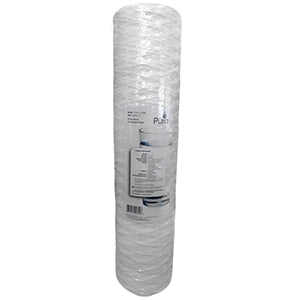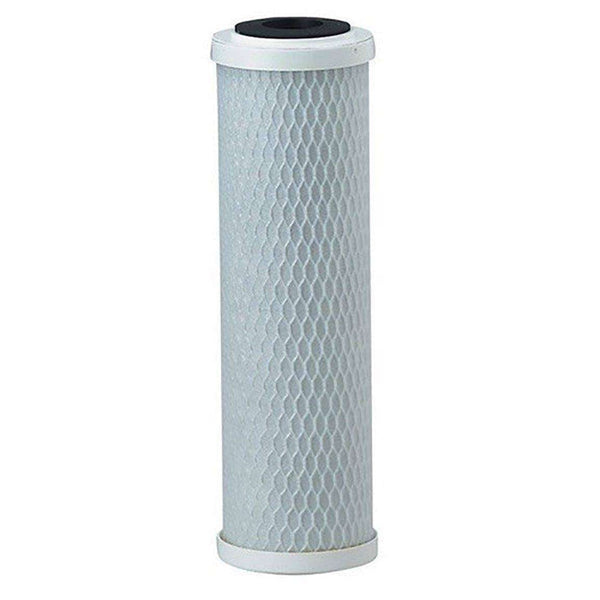Maintenance

How to Winterize a Water Softener: Essential Steps for Cold Weather Protection
If you live in a region with freezing winters, winterizing your water softener is essential to protect it from costly damage. A water softener is a household appliance that removes hardness minerals like calcium and magnesium from your water supply, giving you the benefits of softer water. Winterizing involves taking...

How Often Should I Test My Water Hardness? Why It Matters
The frequency of water hardness testing depends on a few factors, including your water source and whether you notice signs of hard water problems. For well water, annual testing is generally recommended. Municipal water may require less frequent testing (every few years) unless you observe drastic changes in its quality....

Water Hardness: What It Is, Why It Matters, and How to Fix It
Water hardness refers to the amount of dissolved calcium and magnesium minerals present in your water supply. These minerals, while not harmful to consume, can create a host of problems throughout your home. Why does water hardness matter? Hard water can lead to: Inefficient appliances: Hard water causes limescale buildup that...

Why is My Water Softener Overflowing
Your water softener's brine tank is overflowing because a component that controls the water level has malfunctioned. The most common culprits are a stuck float valve, a clogged drain line, or a faulty injector. While frustrating, this is a fixable problem, and by understanding the basic workings of your water...

My Water Softener Won't Regenerate: Causes & Fixes
If your water softener won't regenerate, you're likely dealing with the return of hard water woes – spotty dishes, dry skin, and potential appliance damage. The most common reasons behind this problem include salt issues in your brine tank, faulty timers or motors, or clogged lines. Don't worry, many of...

How to Clean a Water Softener Brine Tank (Easy DIY Tips)
Cleaning your water softener's brine tank is essential for maintaining optimal performance and preventing hard water problems. A dirty brine tank can lead to salt buildup, mold growth, and reduced effectiveness in softening your home's water. Your water softener relies on a brine tank to create the concentrated salt solution...

How to Prevent Salt Bridging in Your Water Softener
If your water softener seems to be struggling, with hard water symptoms returning, the culprit could be a salt bridge. A salt bridge is a solid crust of salt that forms within the brine tank of your water softener, preventing the salt from dissolving properly and thereby stopping the softening...

How to Add Salt to My Water Softener
Adding salt to your water softener is a crucial task to ensure the system continuously provides your home with luxuriously soft water. The salt is vital in a process called ion exchange, which is how your water softener removes hardness minerals and gives you that silky-smooth water feel. Think of...

How to Check the Salt Level in Your Water Softener
Checking your water softener's salt level is a simple yet essential maintenance task to ensure your system keeps delivering soft water. Hard water, with its high mineral content, can leave spots on dishes, make laundry feel stiff, and create buildup in your plumbing. Fortunately, understanding how to check the salt...

How Much Salt Should I Put in My Water Softener?
If you have a water softener, the amount of salt you keep in it is crucial. Most water softener brine tanks should be kept around a quarter full of salt at minimum, with the ideal level often being half-full. Always ensure the salt level stays above the water line in...

Choosing the Right Water Softener Salt: Types & Benefits
If you own a water softener, the type of salt you use directly impacts its performance and longevity. The best choice for most homeowners is evaporated salt, which boasts a purity level of 99.9% sodium chloride, minimizing the buildup of residue and potential malfunctions within your system. Let's dive into...

How Often Should I Regenerate My Water Softener?
The best frequency for regenerating your water softener typically falls within the range of every 2-3 days. However, several factors unique to your home can influence this schedule. Regeneration is the vital process through which a water softener cleanses itself, maintaining its ability to protect your home from the negative...











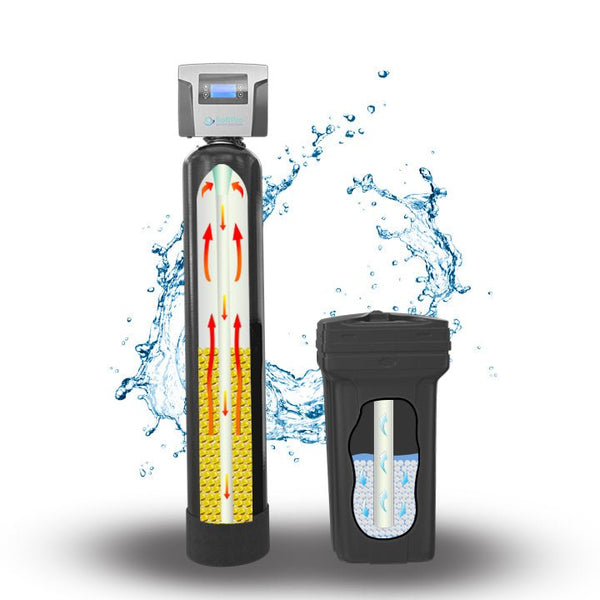
![SoftPro Smart Home+ Water Softener with DROP Technology [WELL & CITY WATER]](http://www.softprowatersystems.com/cdn/shop/products/DropSoftenerSpl_cd35c781-1920-4eed-a8ee-b909b90b3105_600x.jpg?v=1705098284)


![AIO Iron Master Katalox Water Filter [WELL WATER]](http://www.softprowatersystems.com/cdn/shop/products/softpro-iron-master-aio-water-filtration-system-remove-iron-sulfur-manganese-using-air-injection-for-optimal-performance-412868_600x.jpg?v=1695846945)
![SoftPro® Whole House Chlorine+ Carbon Water Filter to Remove Chlorine, Chloramine & Pesticides [CITY WATER]](http://www.softprowatersystems.com/cdn/shop/products/softpro-whole-house-chlorine-filter-257748_600x.jpg?v=1698963478)
![SoftPro® Catalytic Carbon Water Filter [WELL WATER]](http://www.softprowatersystems.com/cdn/shop/products/softpro-catalytic-carbon-filter-auto-backwash-1-lifetime-warranty-979064_600x.jpg?v=1695846091)
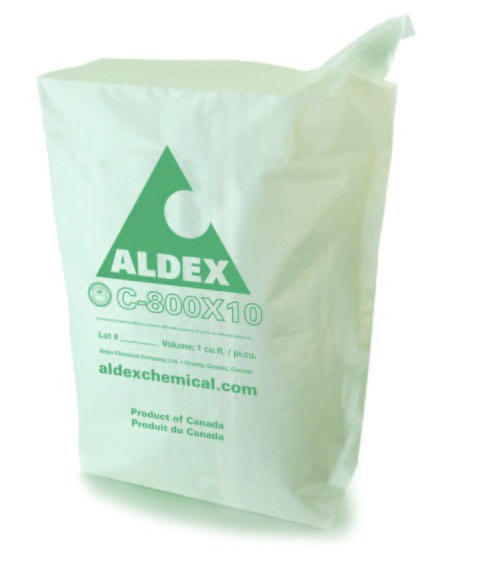
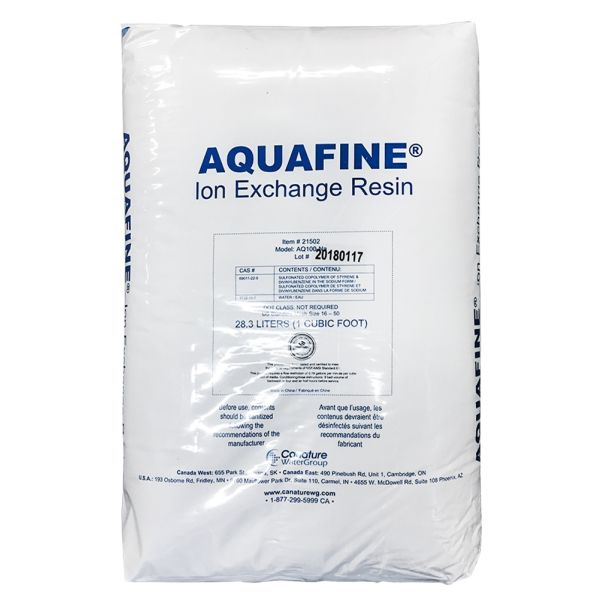
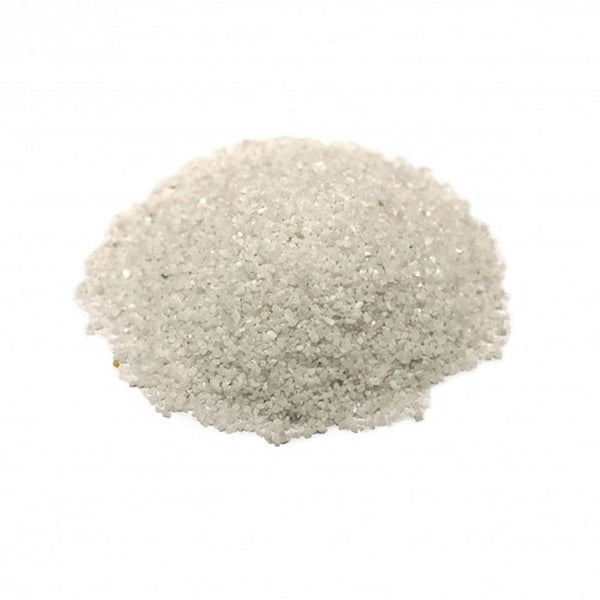
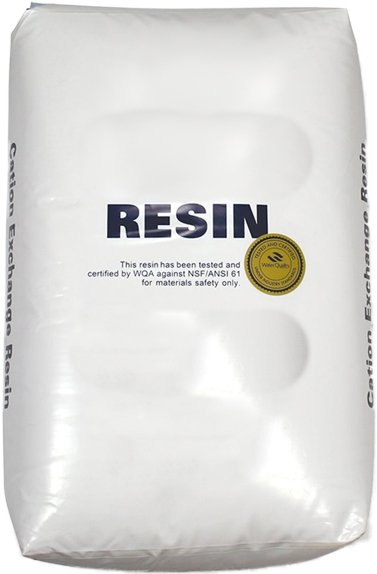
![Reverse Osmosis (RO) Replacement Filters [SoftPro] - Quality Water Treatment](http://www.softprowatersystems.com/cdn/shop/products/reverse-osmosis-ro-replacement-filters-softpro-462008_600x.jpg?v=1696044700)
